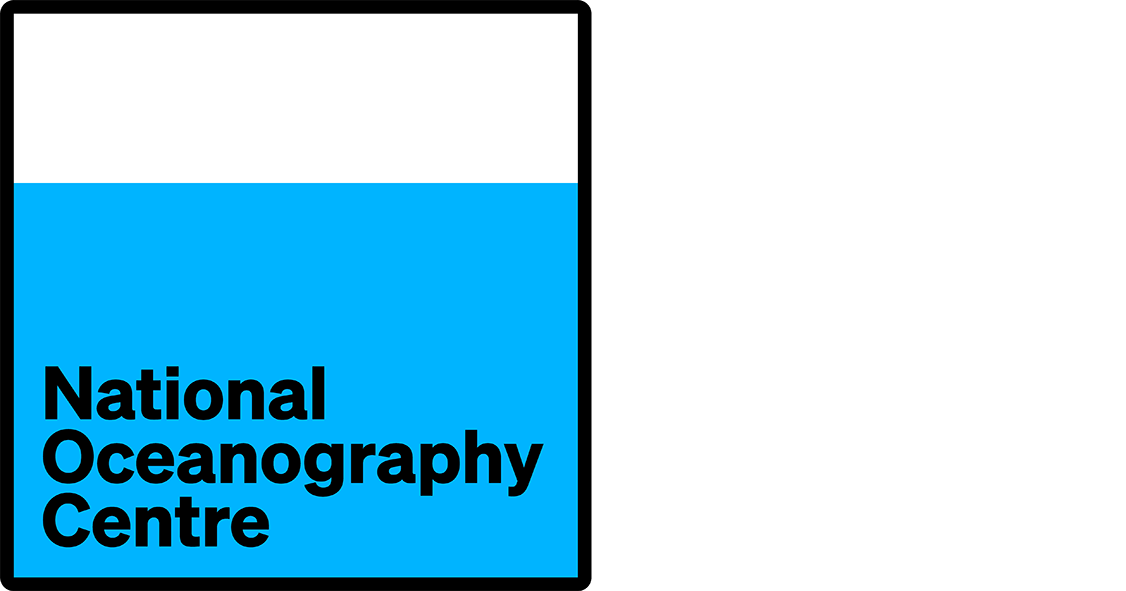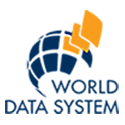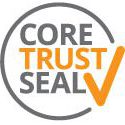- Resources
- Inventories
- EDMED
- Report
- 2872
Netherlands National Monitoring of General Water Quality in Western Wadden Sea Region (1971-)
Data set information
| Query EDMED |
| General | |
| Data holding centre | Rijkswaterstaat Central Information Services |
| Country | Netherlands  |
| Project | National Chemical Monitoring Programme(MON*CHEMIE) |
| Time period | 1971-present |
| Ongoing | Yes |
| Geographical area | Western Wadden Sea. The boundary between Western Wadden Sea and Eastern Wadden Sea is situated between the islands Terschelling and Ameland. |
| Observations | |
| Parameters | Carbon concentrations in suspended particulate material; Particulate total and organic carbon concentrations in the water column; Dissolved oxygen parameters in the water column; Concentration of polycyclic aromatic hydrocarbons (PAHs) in biota; Alkalinity, acidity and pH of the water column; Colloidal organic carbon concentration in the water column; Carbon concentrations in sediment |
| Instruments | Particulates samplers; unconsolidated sediment corers; centrifuges; sieves and filters; elemental analysers; bench particle sizers; dissolved gas sensors; expendable CTDs |
| Description | |
| Summary | MON*CHEMIE is a part of the Monitoring programme of the National Water Systems (in Dutch : Monitoring Waterstaatkundige Toestand des Lands; MWTL). The primary goal of the MWTL programme is to provide physical, chemical and biological information in relation to long term developments. So the focal point for the monitoring programme is based on trend detection. Another aim is to check the compliance to national and international assessment criteria. The Dutch marine and brackish waters are dived into areas. In field GEOGRAPHIC COVERAGE the area is mentioned. In MON*CHEMIE chemical parameters are determined in surface water, suspended matter, sediment and biota. The starting date mentioned is not necessarily the same for every parameter or location, this can differ from one parameter or location to another. Depending on the parameter and the location most samples are collected on a weekly, monthly or 3 monthly base. The given date is the first year data is available of one or more locations. During the given period more or less locations can be sampled due to changes in the national monitoring programme. Sampling and analysing the samples are carried out by Standard Operating Procedures (SOP's). - Surface Water: Field observations are carried out with sensors and samples are taken to be analysed in the laboratories. The parameters oxygen concentration, oxygen percentage, pH, salinity, suspended matter, dissolved organic carbon, bound organic carbon, total organic carbon, mineral oil are analysed. - Suspend Matter: This part of the programme started in 1989. Samples are taken by centrifuge. The parameters grain size, percentage organic carbon are analysed. – Sediment: The parameters grain size, percentage organic carbon are analysed. Samples are taken by boxcorer. – Biota: No programme running. For actual planning: www.waterplan.nl |
| Originators | Rijkswaterstaat Water, Traffic and Environment |
| Data web site | http://www.waterbase.nl |
| Availability | |
| Organisation | Rijkswaterstaat Central Information Services |
| Availability | Unrestricted |
| Contact | Not supplied (Service Desk Data) |
| Address | Rijkswaterstaat Central Information Services |
| Telephone | +31 (0)15 275 77 00 |
| Facsimile | +31 15 275 75 76 |
| servicedesk-data@rws.nl | |
| Administration | |
| Collating centre | National Oceanographic Data Committee |
| Local identifier | 20001004 |
| Global identifier | 2872 |
| Last revised | 2009-09-21 |


